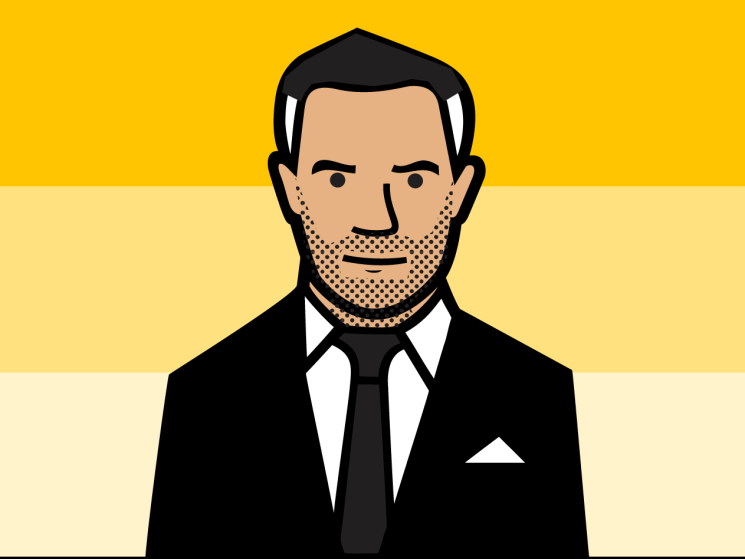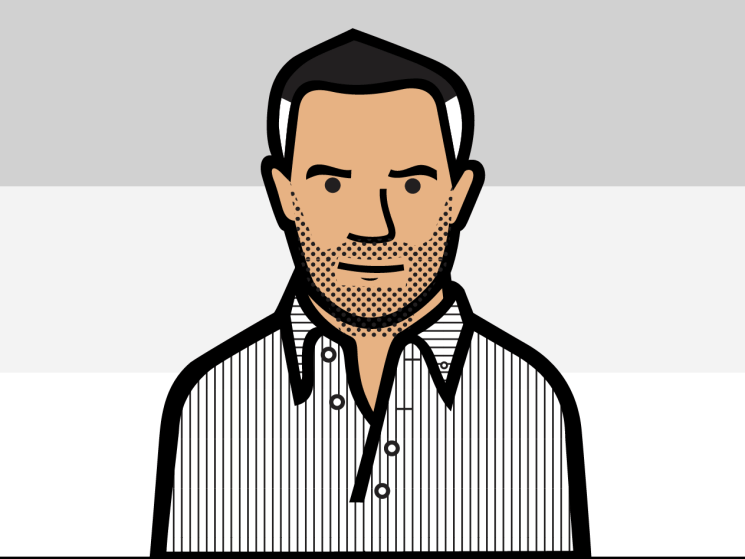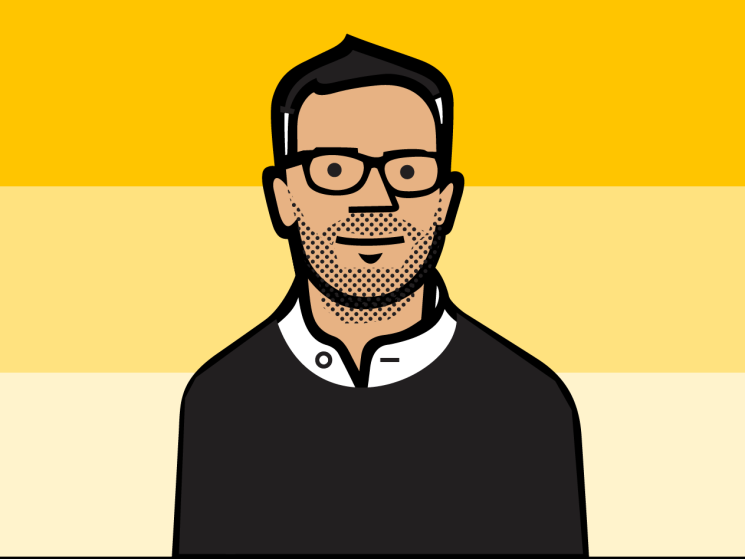The Faster Lane
from Tyler Brûlé
What the shop floor reveals about your business – and where to take it next
There’s nothing like spending a bit of time on the shop floor to get a firmer grip on the finer details of running a business. I could argue that I’m ‘out on the floor’…
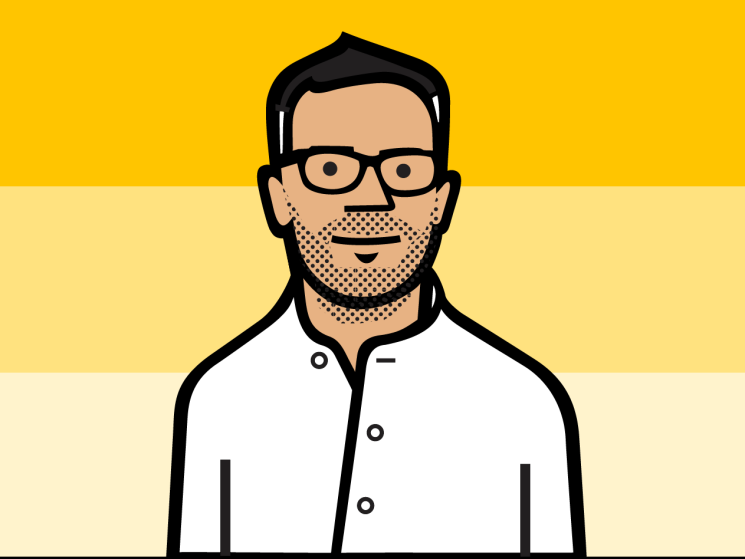
Latest
Canadian department stores used to sparkle – now they fade away
I touched down in Toronto this week to meet some clients, scope out some potential business, do a little retail tour, say hello to my new colleague, Sally, at our College Street outpost and…
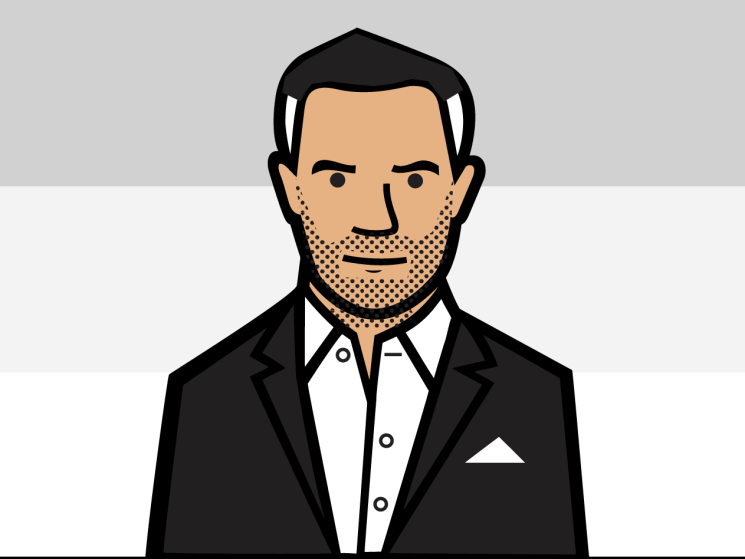
A small mystery in Singapore sent my print-mad heart on an Asian odyssey
Singapore Residents and occasional visitors to the microstate might recall our little bureau/boutique/café operation in a modernist townhouse in Chip Bee Gardens. As far-flung outposts go, it still ranks as the best set-up we’ve ever…

How a chairman, a movie star and a secret made my week
Do you use your Sunday to look back over the past five or six days and take stock? Or are you one of those look-ahead types who ploughs on and does little in the…
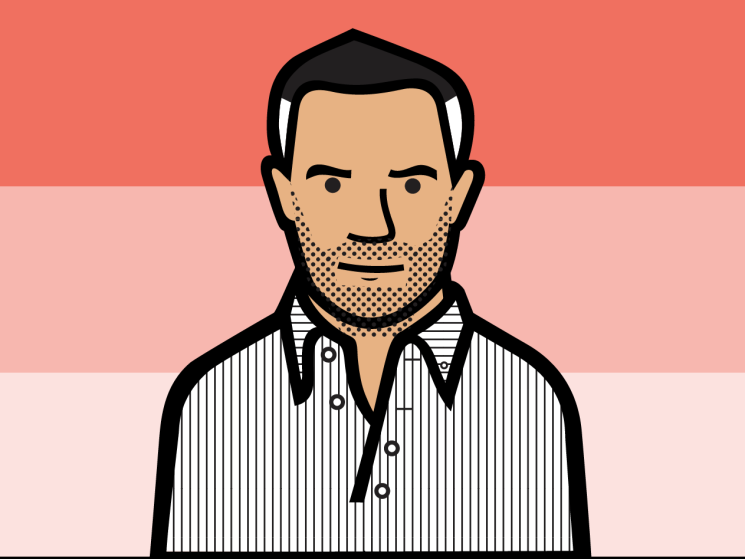
Turns out the school-bus spirit never left – it just flies Swiss
Were school buses ever part of your academic routine? Were you packed off to the end of the driveway with your lunch, books, overstuffed pencil case and sports gear in your backpack to be…
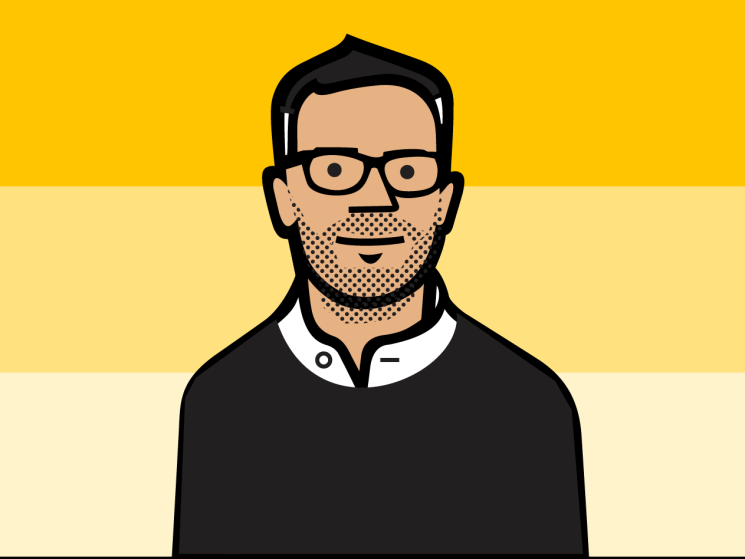
The inbox has spoken – travel marketing needs a reality check
When I started tapping out last week’s column, somewhere high above Baffin Island, little did I know that I was creating an inbox monster that only stopped raging on Friday morning. In case you…
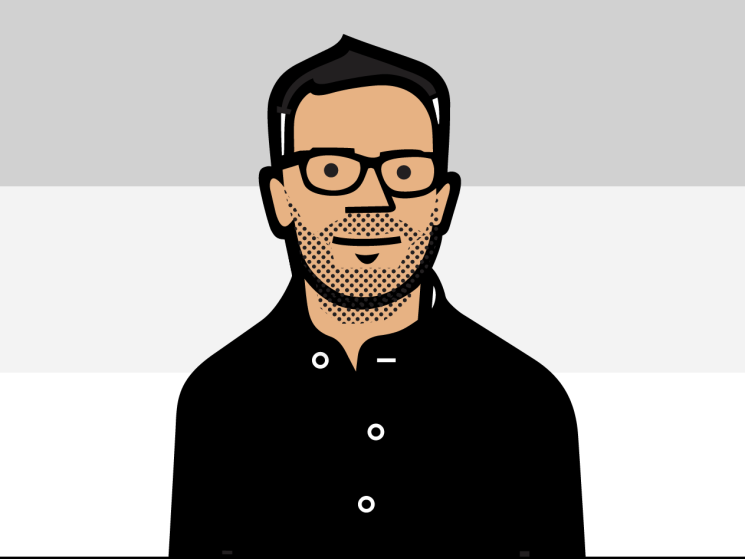
No one buys a holiday for ‘mindfulness’. Travel marketing needs a reality check
Earlier this week I attended a conference in Tokyo and was reminded by several of the speakers on stage about the “emotional connection” of travel and how seeing the world “weaves a new sense…
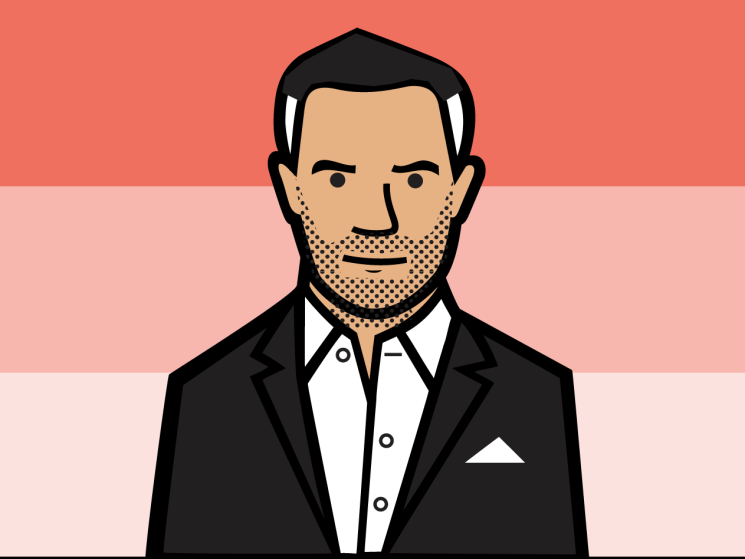
The joys of being Banned: A Tokyo trim can beat any wellness regime
Forget cryo-chambers. Tyler Brûlé finds youthful energy at the barbershop and the bar.
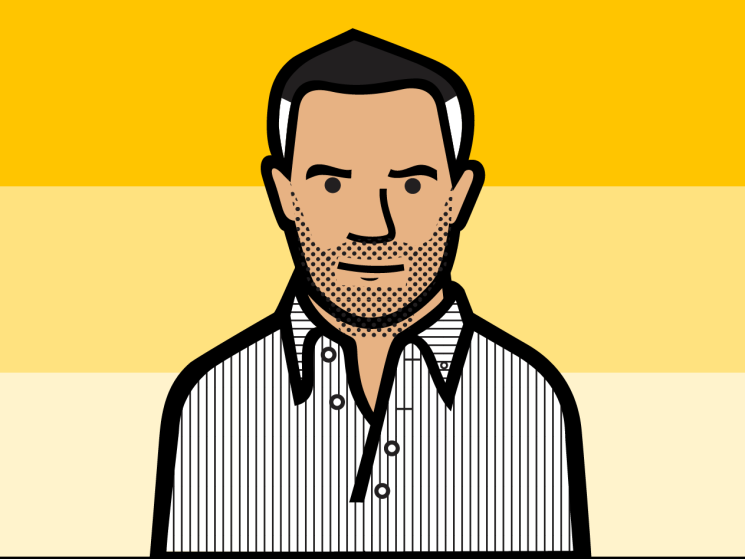
From Beirut’s backstreets to a London menswear staple – Trunk turns 15
Let’s go all the way back to summer 2010 and a warehouse on the edge of Beirut’s Bourj Hammoud district. It’s all a bit dusty and scrappy, the buildings are a jumble of architectural…
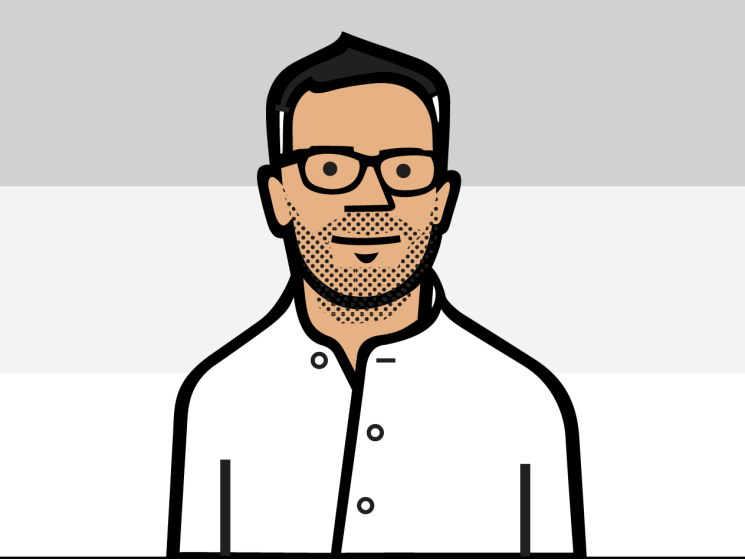
Your smart and sunny guide to surviving the Q4 slump
Today we’re going to attempt to get ahead of the Q4 rush with a few solutions to improve your performance, appearance, managerial skills and tan line. To keep things brisk and perky, we’re going…
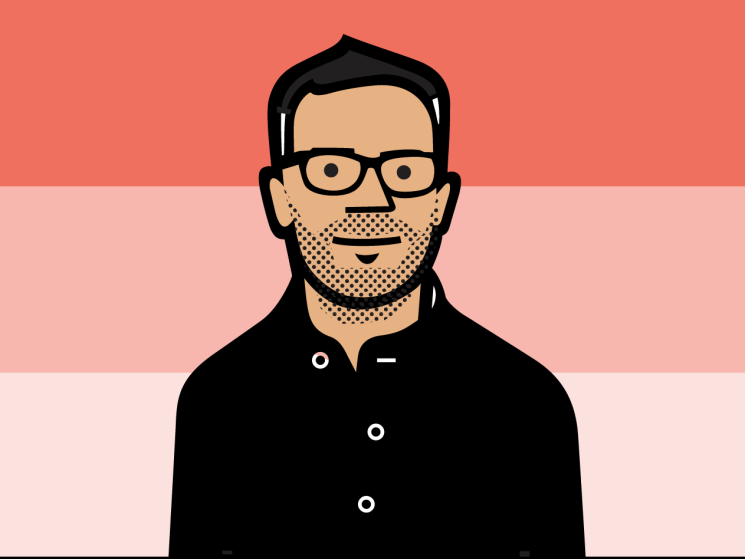
Back to school with clear views, slick CEOs and even sharper lessons
What did you learn this week? I’m not talking about headlines flashing up on your screen or bits of tittle-tattle exchanged over lunch. I’m talking about a moment of vivid clarity, when the heavens…
